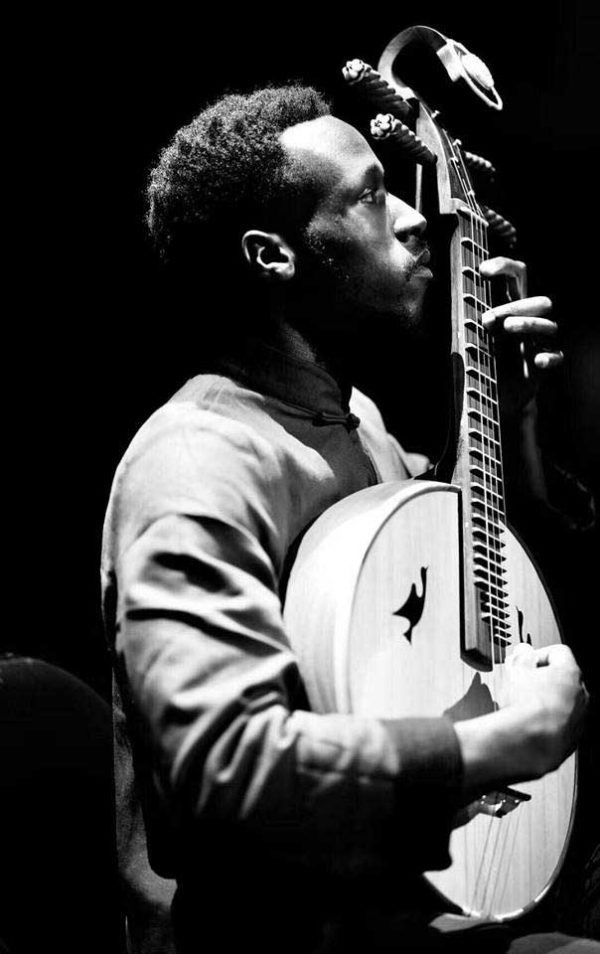
Joe Anderson
The 2018 Music Exchange Tour to China will be written in my memory for years to come, some pieces perhaps forever. China is the third country I have visited, the first two being the United Kingdom and Canada, and of the three it has been the most culturally different from my home, the United States. While there is much to discuss pertaining to the trip, for this reflection I will focus on aspects of the trip related to music.
I have had two prior experiences performing with an ensemble, one being the Javanese Gamelan percussion ensemble at my alma mater via a 1-credit course and the other through the Asian Musical Instruments Community, a student organization at my alma mater which I currently serve as the advisor for and perform in. The Exchange Tour has offered the most challenge to me as a maturing musician. I needed to obtain the music scores from the conductor, prioritize my rehearsal time strategically, coordinate my travel to attend rehearsals across country lines while utilizing rehearsal time fully, continue to practice the pieces on the tour in preparation for upcoming performances and learn a revised section of my solo piece after the unexpected departure of a member. For me, the trip has been a success in strengthening my musical skills and understanding of musicianship and broadening my cultural competency and dexterity.
I learned music is a powerful medium that can help cultivate the self and cultivates human relationships. By cultivating the self I mean the individual’s intentional focusing of mental energies toward their own growth. I believe music and music-making have a strong capacity to make us reflect. In general, music can incite a change in our mental state (i.e. we can feel a variety of emotions), but also in the most meaningful instances motivates us to recount or make sense of our life experiences as we ‘feel’ or understand the context of a piece of music. The type of participation in the music-making process is relevant. In my participation in the music-making process as a performer during the tour I further understood the importance of communication, planning, patience, flexibility, listening, empathy and trust in my group members. In the Nanhai and Markham Chinese Music Exchange Concert, when the Shimen Experimental School orchestra performed ‘Beautiful Clouds Chasing the Moon,’ a slower and melodic composition, I mused about learning the song on zhongruan at a prior time and also finding romance in my life. Music also cultivates human relationships in at least a few ways. For example, it can bring people together in physical space in its observance or may illustrate a cultural narrative which a population finds symbolic. The music learning and making process is often facilitated by observing, listening and emulating another or deciphering the notation of a composer which all speak to the collaborative nature of music. The consummation of our trip involved many levels of human collaboration, of which the actual music performances were only a snapshot of, though still very important.
I enjoyed the pieces we performed, and they resonated with me in different ways. I will highlight some of them. “The General’s Command” was the most challenging piece for me due to the dynamic changes, timing and requirement to play notes across the neck of my zhongruan. However, the piece seems to have stronger cultural and historical context than some of the other pieces we performed. “Thunder in the Drought” was my solo piece and its Cantonese origin fit meaningfully in our tour through the Hong Kong and Guangdong regions. Being responsible for a solo piece was a learning experience and I came to recognize the importance of knowing the piece well and having a leading, but organic relationship with the orchestral accompaniment. As the tour progressed I performed the piece more proficiently though there is still room for improvement. It was both a fulfilling and challenging experience, and I would accept an offer for the opportunity again. “Billie Jean” and “Little Apple” were the two most upbeat and contemporary pieces we performed. I’ve enjoyed Michael Jackson’s music throughout my life, especially in my adolescent years so it was a joy to perform one of his most popular records. Whenever we performed it I could feel the energy in the room change because it was different from the rest of our repertoire. In its performance I felt an opportunity to have a little more ‘fun’ with the music (e.g. making eye contact with the audience, moving along with the rhythm). “Little Apple” was a similar case though for me it was a salient example of music-making; the music participation incorporated not only us as the performers, but also the audience who stood, clapped, danced and sang along. This mass music-making happened during our performance at the community center in Dongguan and more so at the concert in Nanhai. Our conductor was the catalyst who invited the audience to participate more fully in the music-making process. That single performance was a highlight of the trip and has broadened my thinking toward the idea of music-making.
“Golden Snake Dance” is yet another piece that, through performance, expanded my musical understanding and growth. We performed it in Hong Kong, Dongguan and Nanhai. What surprised me was the collaborative nature in which we performed it. In all cases we were joined by at least one orchestra, which included a range of instruments from the instrument sections: pipa, erhu, ruan, dizi, drums etc. To be assembled next to many Chinese instruments which only a few years ago were so foreign to me was amazing. Our group and the other orchestras may not have known virtually anything about one another, but we understood the same music. The performance of the piece in Dongguan was the grandest display of this collaboration in the number and skill of musicians. During the performance I felt enveloped in the music. We were a colossus of music, immense and moving, but interdependent. It was an unforgettable moment. There was also particularity in our performance of the piece in Nanhai. Again, we sat next to unfamiliar, but friendly faces though with the added piece that the youth orchestra would perform the piece by memory. Only a couple of our members played without sheet music; I did, and it was liberating. I was able to more fully embrace the performance experience: being able to look at the audience and individuals in the orchestra as the piece progressed and enjoying closer listening of the music. It was an exciting way to end our last performance of the tour.
In general, I didn’t find that any of the cultural activities built upon my understanding of music or music-making, though I did have an observation in a less expected space. After our visit to the Ancient Temple when we were given leisure to walk around the Lingnan Tiandi my group walked past an area titled ‘Longtang Poetry Society.’ The area had an open platform for walking to other areas and there were a variety of rooms inside the structure. It was somewhat quiet and as we walked up to the second level we could hear the sound of a guqin being played. Inside looked like a small museum, with books, CDs, guqin model diagrams, encased tools and descriptions about the history and nature of the guqin along the walls. Part of the room was separated by a curtain which revealed a few people inside, one playing guqin and the others making calligraphy and sipping tea. There was also a patio area nearby where visitors could lounge and enjoy tea. From my understanding of guqin over the years through my education of Chinese instruments and music, to witness a space such as this within a shopping and eating complex was a special moment. We had walked into an area with a different spiritual energy simply by coincidence. This in addition to the variety of spaces I observed throughout the trip constructed for the enjoyment of nature, cultural education or spiritual cultivation, I came away with a deeper appreciation for the Chinese culture. The sentiments toward those things seem to be ubiquitous whether in spaces explicitly designated or not. This makes me more curious about my own country in its value systems, but for music-making it is easy for me to start to identify the instances which it appears in my daily life outside of officially designated performance spaces or occasions.
One of the most unexpected yet meaningful experiences I had occurred at the Shimen School before our final concert. During rehearsal while our group was waiting to go on stage a woman approached me and said I looked familiar. She stated she was a ruan teacher and that one of her students had showed her a video of me playing “Golden Snake Dance,” my rendition of the very popular Chinese song which I had uploaded to YouTube July 2017. Evidently, sometime afterward my video was pirated and uploaded to Baidu, a popular Chinese website with search engine and video-hosting capability (YouTube is banned in China). Nonetheless, that is where her student encountered my showcase of the song which she was learning at the time. The woman was ecstatic and asked to take a picture with me and I happily accepted. I was surprised as well, though between the humidity and nerves toward the performance I couldn’t truly appreciate it in the moment. Then a few hours later, shortly before the concert began, I was approached by the ruan teacher who had with her a few adults and a little girl, the girl who had seen my video. From what I was told the family made an extra effort to come to the concert so the little girl could meet me. Among other emotions I felt a great sense of joy. I played the girl an excerpt from the zhongruan piece “Water Lily” and she reciprocated by playing her rendition of “Golden Snake Dance” as I clapped along. I could tell she was shy, but she demonstrated courage in accepting the request to play. I have kept in contact with the ruan teacher since that day and the occurrence further illustrates how music cultivates human relationships.
It was no more than two days after returning that I began practicing again. Instead of exhaustion I felt inspiration; the sites, smells, and sounds from the trip were still fresh in my mind as was the sense of gratitude to have been in contact with so many experienced musicians, each with their own story. After reviewing some of the video footage from the performances I have been working intentionally on my left and right-hand coordination and will also work to develop greater understanding of scales on the zhongruan, which will improve my improvisation and sight-reading abilities. With a more serious approach to practicing I will be able to develop my skills and expand my repertoire more quickly and be better prepared when opportunities for collaboration arise. I look forward to developing a closer relationship with the zhongruan and am optimistic and excited for where my Chinese music interests will take me. Enjoying music will continue to provide me with a unique avenue for self-cultivation and cultivating relationships.


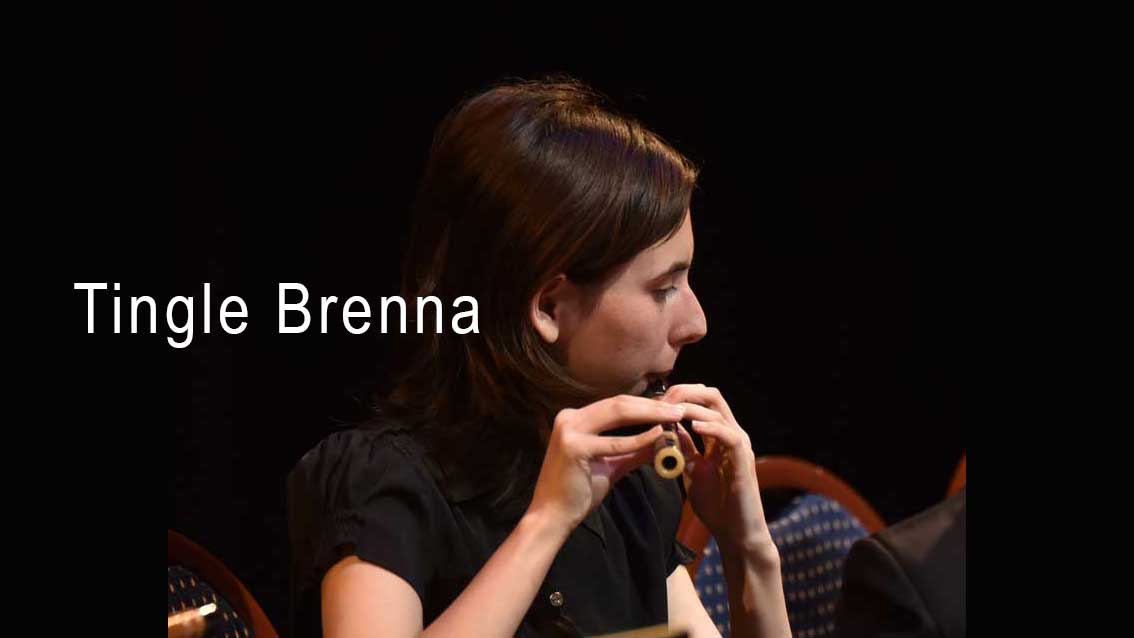
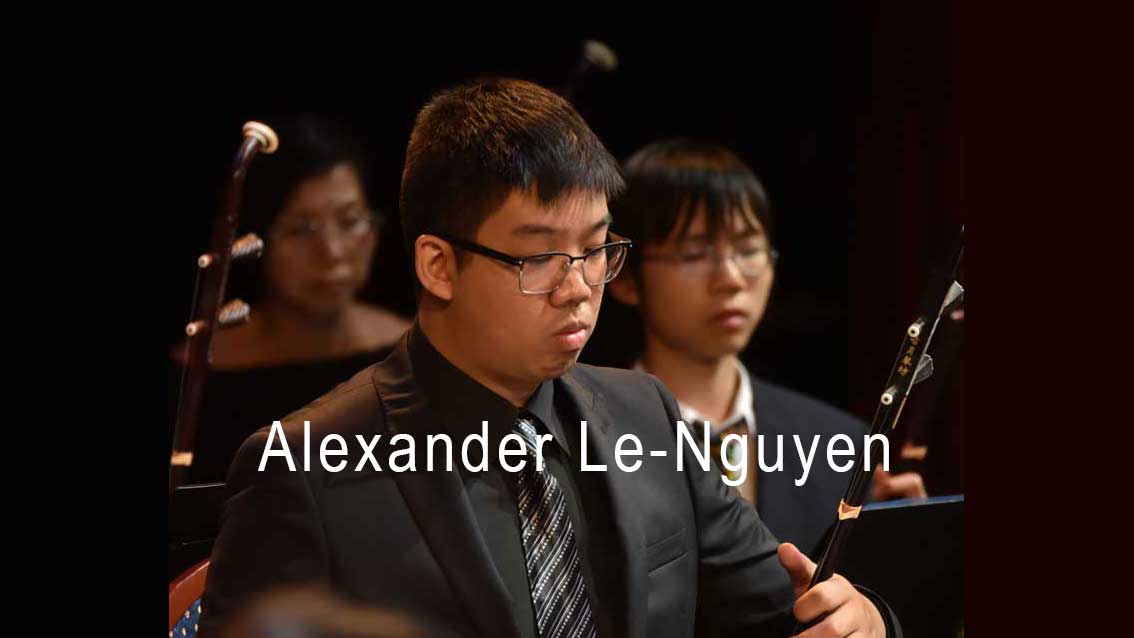
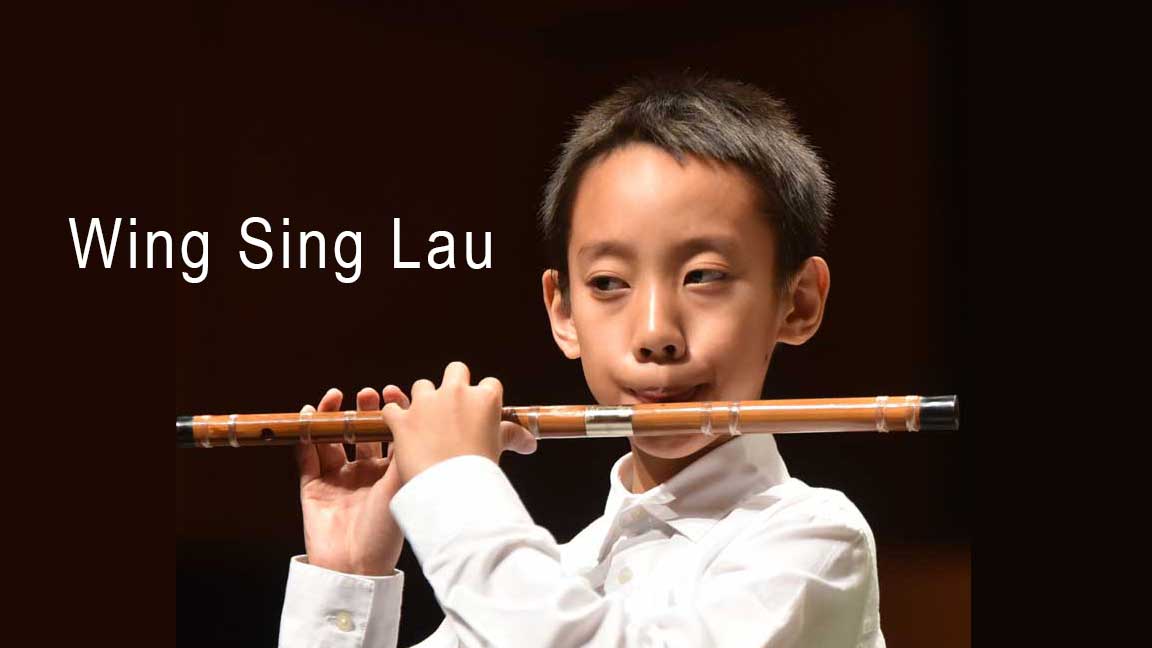
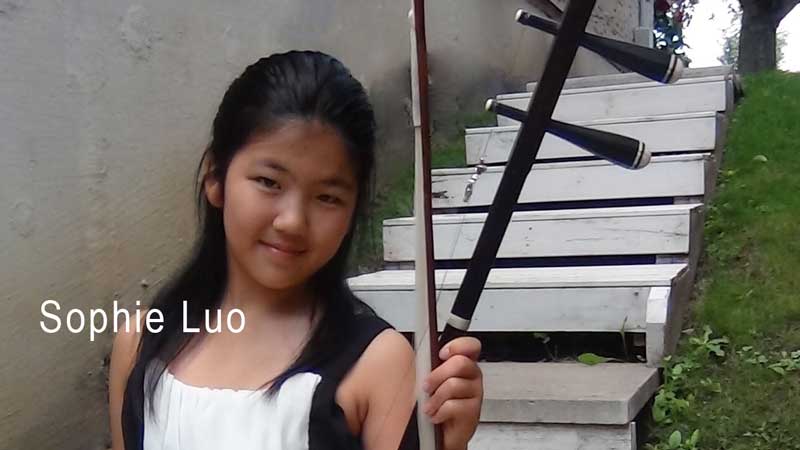
Social Contact